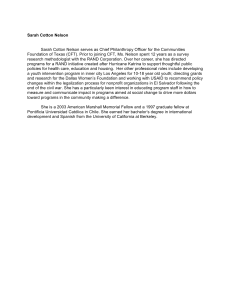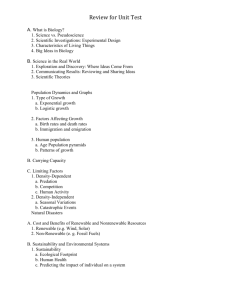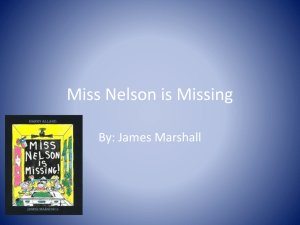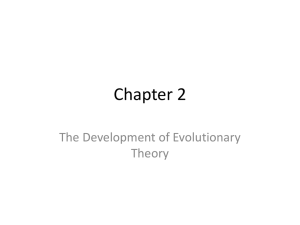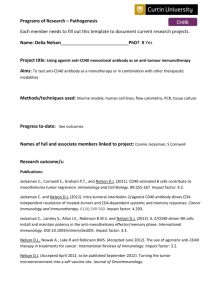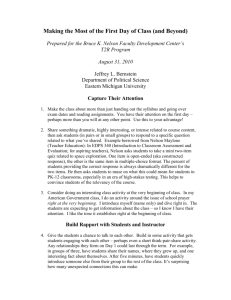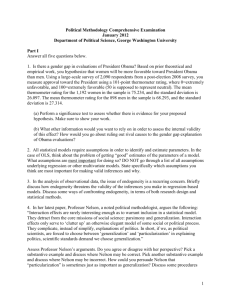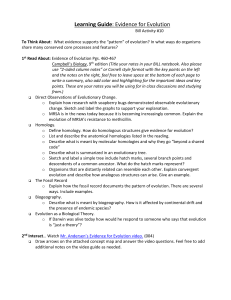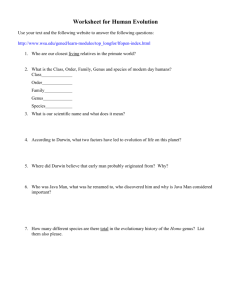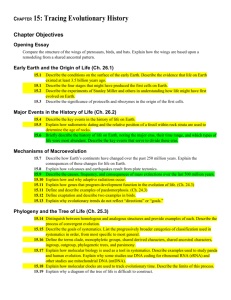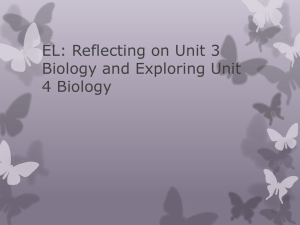Powerpoint lectures by Paul Nelson
advertisement
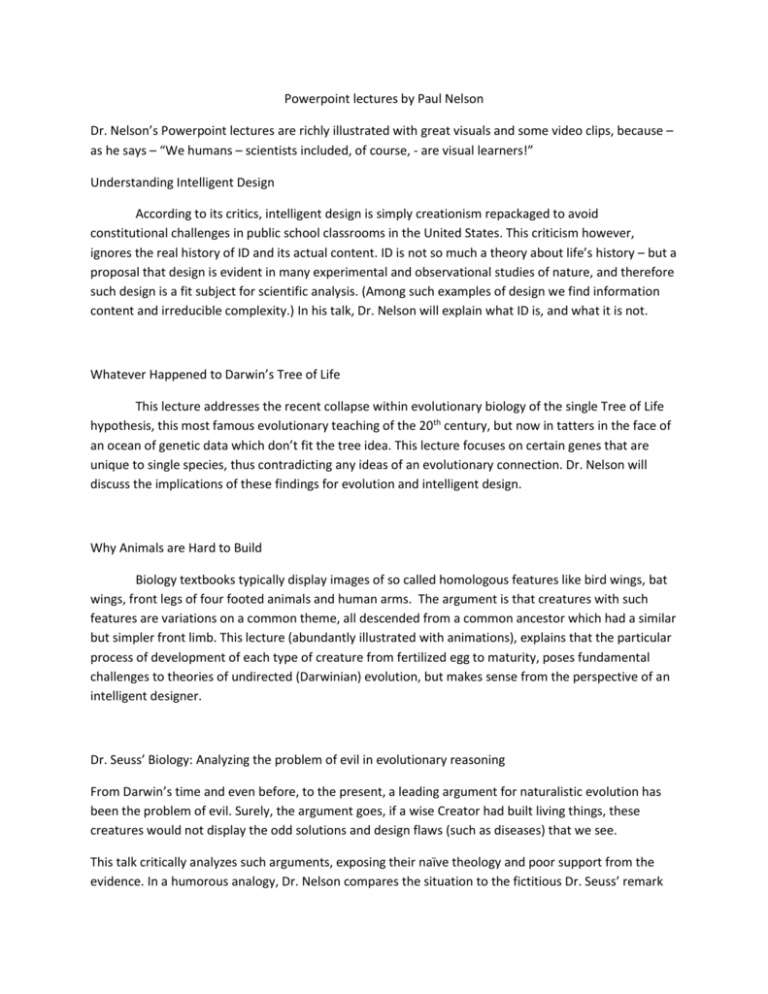
Powerpoint lectures by Paul Nelson Dr. Nelson’s Powerpoint lectures are richly illustrated with great visuals and some video clips, because – as he says – “We humans – scientists included, of course, - are visual learners!” Understanding Intelligent Design According to its critics, intelligent design is simply creationism repackaged to avoid constitutional challenges in public school classrooms in the United States. This criticism however, ignores the real history of ID and its actual content. ID is not so much a theory about life’s history – but a proposal that design is evident in many experimental and observational studies of nature, and therefore such design is a fit subject for scientific analysis. (Among such examples of design we find information content and irreducible complexity.) In his talk, Dr. Nelson will explain what ID is, and what it is not. Whatever Happened to Darwin’s Tree of Life This lecture addresses the recent collapse within evolutionary biology of the single Tree of Life hypothesis, this most famous evolutionary teaching of the 20th century, but now in tatters in the face of an ocean of genetic data which don’t fit the tree idea. This lecture focuses on certain genes that are unique to single species, thus contradicting any ideas of an evolutionary connection. Dr. Nelson will discuss the implications of these findings for evolution and intelligent design. Why Animals are Hard to Build Biology textbooks typically display images of so called homologous features like bird wings, bat wings, front legs of four footed animals and human arms. The argument is that creatures with such features are variations on a common theme, all descended from a common ancestor which had a similar but simpler front limb. This lecture (abundantly illustrated with animations), explains that the particular process of development of each type of creature from fertilized egg to maturity, poses fundamental challenges to theories of undirected (Darwinian) evolution, but makes sense from the perspective of an intelligent designer. Dr. Seuss’ Biology: Analyzing the problem of evil in evolutionary reasoning From Darwin’s time and even before, to the present, a leading argument for naturalistic evolution has been the problem of evil. Surely, the argument goes, if a wise Creator had built living things, these creatures would not display the odd solutions and design flaws (such as diseases) that we see. This talk critically analyzes such arguments, exposing their naïve theology and poor support from the evidence. In a humorous analogy, Dr. Nelson compares the situation to the fictitious Dr. Seuss’ remark “If I ran the zoo…” [it would be different and better]. By implication, mainstream scientists are saying that if God had made living things, they would be different and better than what we see. Dr. Nelson however demonstrates that Dr. Seuss’ remark makes a great children’s book – but valid science, not so much!
